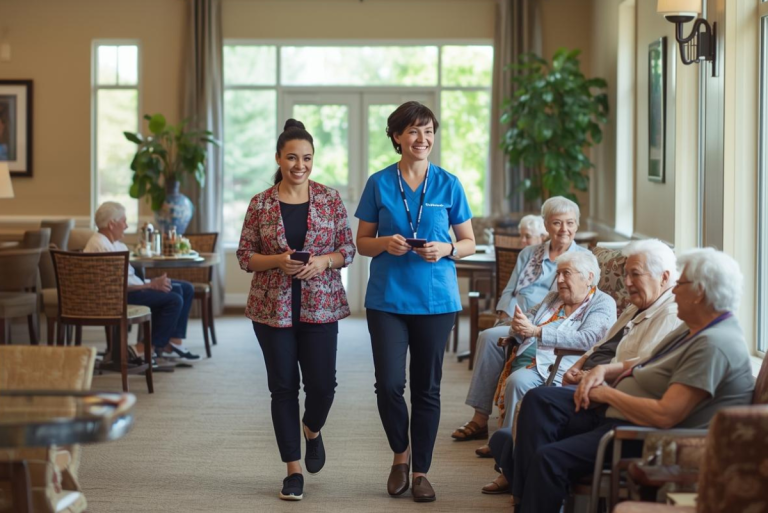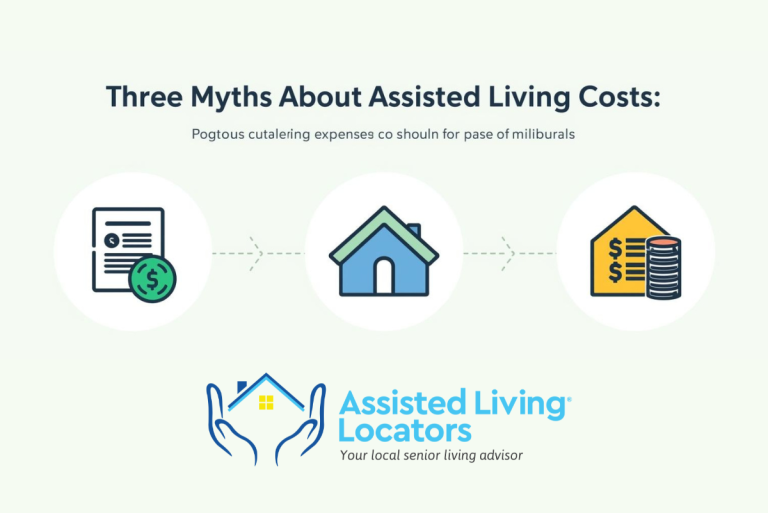Maintaining the health and well-being of your elderly loved ones is crucial, especially by supporting their immune systems. As people age, their immune systems can weaken, making them more vulnerable to illnesses like the flu. Providing proper nutrition and appropriate supplements is essential for bolstering their immunity and overall health. Your dedication and care can significantly impact their quality of life, helping them stay healthier and more resilient.
Understanding the Immune System of the Elderly
The immune system is our body's primary defense against infections and diseases, playing a critical role in the health of seniors. Understanding how the immune system functions and the specific challenges of aging is essential for caregivers. With age, the immune system naturally weakens, a process called immunosenescence, which heightens vulnerability and makes older adults more susceptible to infections and illnesses. Their bodies may also respond less effectively to vaccines and recover more slowly from health issues, increasing the risk of severe complications. For instance, approximately 1 in 20 adults aged 65 or older is hospitalized for pneumonia annually, according to the Centers for Disease Control and Prevention. Additionally, older adults are more prone to influenza and its severe complications, as noted by the Centers for Disease Control and Prevention.
Age-related changes often impact nutrition, a key factor in immune function. Many seniors experience decreased appetite, altered taste, or digestive problems, leading to nutritional deficiencies, which can further compromise the immune system and make it difficult for the body to combat infections. Addressing these challenges is crucial. Ensuring seniors maintain a balanced diet rich in essential nutrients and considering supplements to bridge nutritional gaps is vital. Approximately 15% of adults aged 65 or older suffer from malnutrition, highlighting the importance of proper nutrition for immune health, according to the National Institute on Aging. By understanding the complexities of the aging immune system, caregivers can proactively support their loved ones' health, helping them maintain a strong and resilient immune system.
Essential Nutrients for a Strong Immune System
Ensuring that seniors receive essential nutrients is vital for maintaining a strong immune system. Proper nutrition can significantly enhance their ability to fight off infections and stay healthy. Here are some key nutrients that play crucial roles in immune health, along with tips for incorporating them into their diet.
- Vitamin C: Vitamin C is crucial for boosting the immune system by increasing the production of white blood cells. To help your senior loved ones get enough Vitamin C, include citrus fruits like oranges, strawberries, and bell peppers in their diet. Adding these to snacks, salads, or smoothies can be a delicious and easy way to enhance their intake.
- Vitamin D: Vitamin D supports immune function and can be sourced from sunlight, fortified foods, and supplements. For seniors who might not get enough sun, incorporate fortified milk, cereals, and orange juice into their meals. If needed, consider Vitamin D supplements, but consult with a healthcare provider first.
- Zinc: Zinc is important for developing and maintaining immune cells. Seniors can benefit from foods high in zinc, such as meat, shellfish, legumes, and nuts. If their diet lacks sufficient zinc, supplements might be useful, but it's essential to follow guidelines and consult a healthcare professional to avoid excessive intake.
- Probiotics and Gut Health: Probiotics are beneficial for gut health and can boost the immune system. They are found in yogurt, kefir, and fermented foods. Including these in your loved one's diet can support a healthy gut. Probiotic supplements are also an option if they have trouble consuming these foods.
Incorporating Immune-Boosting Foods into Meals
Supporting the immune health of your elderly loved ones involves more than just ensuring they receive necessary medications. A well-balanced diet plays a crucial role in maintaining their immune system and overall health. As family caregivers, incorporating immune-boosting foods into their meals can make a significant difference in their well-being.
Balanced Diet for Elderly Loved Ones
Ensuring a balanced diet is key to boosting the immune health of your elderly loved ones. A diet rich in fruits, vegetables, lean proteins, and whole grains provides essential nutrients that support overall well-being. As caregivers, planning meals ahead can help include a variety of nutrient-dense foods in their daily diet. It’s also important to accommodate any dietary restrictions or preferences, such as low-sodium or dairy-free options, to make sure their meals are both nutritious and enjoyable.
Healthy Snacks and Beverages
Healthy snacks and beverages are vital for maintaining good health and supporting the immune system. Consider offering nutrient-rich snacks like smoothies packed with fruits and vegetables, nuts, or fresh fruit salads. Hydration is also crucial, so ensure they drink plenty of water throughout the day. Avoid sugary and processed foods, as these can negatively impact immune function and overall health. By providing wholesome snacks and keeping them hydrated, you can help your loved ones stay healthier and more resilient.
Considerations for Supplements
For seniors, supplements can be crucial in addressing nutrient deficiencies, such as Vitamin D, B12, or calcium. According to the National Institute on Aging, Vitamin D deficiency is prevalent in older adults, with estimates ranging from 25% to 80% depending on geographic location and season. Before starting any new supplements, it’s essential to consult with healthcare providers to ensure they are safe and suitable, avoiding potential interactions with medications.
Popular immune-boosting supplements like elderberry, echinacea, and multivitamins may offer benefits, such as supporting immune function or reducing the duration of colds. While research on the effectiveness of these supplements is ongoing, studies have shown mixed results. It's important to evaluate the evidence-based benefits and possible side effects, as some supplements can interact with medications or cause adverse reactions. Careful consideration and professional advice are key to safe and effective supplementation.
Practical Tips for Family Caregivers
Ensuring that seniors receive proper nutrition can be challenging but is essential for their health and well-being. By taking proactive steps to monitor their diet, encourage healthy eating, and adapt to their specific needs, caregivers can significantly improve their quality of life. Here are some practical tips to help make mealtimes more nutritious and enjoyable for seniors.
- Monitoring Nutrition and Health: Keep a close eye on your loved one’s diet to make sure they’re getting the right nutrients. Look out for signs like weight loss or tiredness, which might indicate a nutritional issue. Keep a record of what they eat and regularly check in with their healthcare provider to address any potential problems.
- Encouraging Healthy Eating Habits: Help your loved one enjoy a variety of healthy foods and involve them in choosing and preparing meals. Make mealtimes pleasant by creating a welcoming atmosphere and sticking to a routine. If big meals are challenging, try smaller, more frequent meals and introduce new recipes gradually.
- Adapting to Dietary Needs and Preferences: Respect any dietary restrictions or preferences your loved one may have by offering suitable alternatives. Modify food textures if they have difficulty chewing or swallowing, and make sure their meals are enjoyable and easy to eat. These adjustments can make a big difference in their overall eating experience.
- Utilizing Meal Delivery Services: Consider using meal delivery services to provide balanced, senior-friendly meals. These services can cater to specific dietary needs and preferences, making mealtimes easier and ensuring your loved one gets nutritious and tasty meals.
- Engaging in Social Eating Opportunities: Arrange for family meals or social gatherings to make mealtimes more enjoyable. Social interactions during meals can improve appetite and make eating a more positive experience. Look into community dining programs for additional social engagement.
In conclusion, boosting immunity through proper nutrition and supplements is vital for maintaining the health and well-being of seniors. Caregivers can greatly enhance seniors' immune function and overall quality of life by taking proactive steps to ensure a balanced diet and appropriate supplements. Consulting healthcare professionals for personalized advice and guidance is crucial to address individual needs. By staying informed and actively supporting their nutritional needs, caregivers can help seniors lead healthier and more fulfilling lives.





